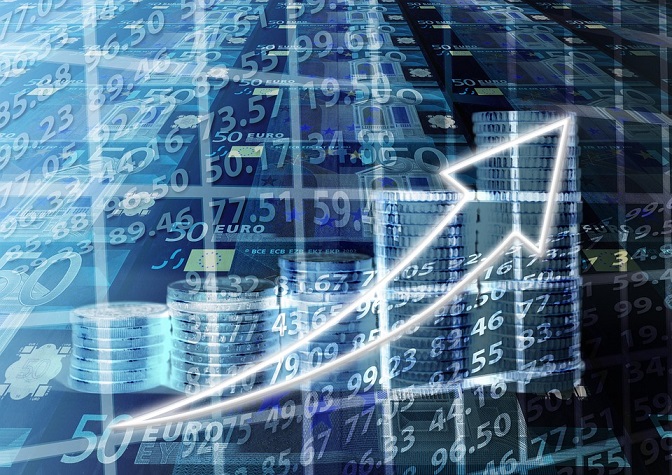UAE boosts neighbourhood influence with record north Africa FDI
North Africa attracted record foreign direct investment inflows in 2024, as the UAE secured a major real estate deal in Egypt and invested in renewable energy and ports across their adjacent region.
More than $51bn worth of headline FDI flowed into the region last year, more than triple the 2023 level of $13bn, according to data from UN Trade and Development.
North Africa made up the majority of the $97bn of headline FDI to the entire continent of Africa in 2024, a record high up by 75% from the $55bn attracted a year earlier. East Africa also attracted its highest ever headline FDI inflows of $12.7bn, an increase of 15% from 2023, shows Unctad data.
The UAE is the driving force behind this surge in FDI into north Africa as the Gulf country pushes ahead with its strategy to boost trade, investment and security ties with countries in its neighbourhood.
Egypt attracted the lion’s share of investment in north Africa in 2024. The country secured $46.6bn of FDI inflows last year, Unctad data shows, up from $9.8bn in 2023 and a yearly average of $6bn between 2010 and 2019.
The country has become a major recipient of investment from wealthy investors from Abu Dhabi, Dubai and the UAE as a whole.
ADQ, Abu Dhabi’s $251bn sovereign wealth fund, committed in February 2024 to invest $24bn to develop the new coastal city of Ras a-Hekma as part of a $35bn partnership between the UAE and Egypt. The deal helped alleviate Egypt’s foreign currency crisis and paved the way for a new agreement with the IMF for the beleaguered economy.
Overall, headline FDI inflows to Egypt from the UAE rose to $38.9bn in the 2024 fiscal year from just $3bn a year earlier, according to preliminary data from the Central Bank of Egypt. The US and UK, the next two largest sources, had around $3bn of FDI each in 2024.
After ADQ’s Ras al-Hekma project, renewable energy was the UAE’s next largest greenfield FDI sector at $13.8bn in 2024. Besides, ADQ’s subsidiary AD Ports Group has invested in several Egyptian ports.
Ben Fishman, a senior fellow at The Washington Institute for Near East Policy, says that Emirati FDI in north Africa is driven by economic and political interests. “It’s mostly strategic in terms of supporting Egypt’s president Abdel Fattah al-Sisi in a way that it’s economic in addition to political,” he says. “Sovereign wealth funds don’t just give gifts.”
Emmanuel Noutary, general delegate of the Anima Investment Network, a regional economic organisation, notes that Emirati investment in north Africa has evolved from privatisation of banks to a wider range of projects such as infrastructure, agrifood and technology.
In this Emirati dynamic, there is “a desire to strengthen their strategic alliances in north Africa,” he says, arguing it is a form of “friendshoring” and a way to diversify their assets and move away from oil dependence.
Major Emirati green energy projects include CMZE’s plans to produce hydrogen in Morocco and Tunisia, and H2 Global Energy’s agreement to invest $6bn in a green hydrogen and ammonia project in Tunisia. In June, Dubai-based developer AMEA Power reached financial close on a 300MWh battery energy storage system project and launched operations of a 500MW wind farm in Egypt.
Hussain Al Nowais, AMEA Power’s chair, told fDi Markets last year that the company fulfils “the direction of the UAE government and at the same time supports the African need for power”.
fDi Markets





